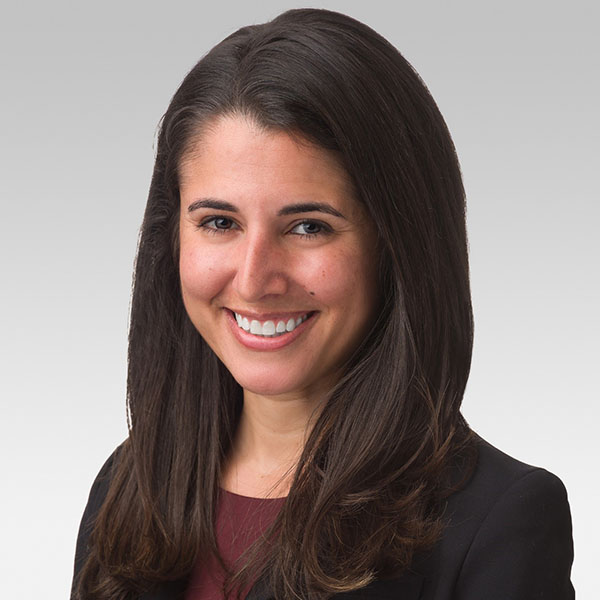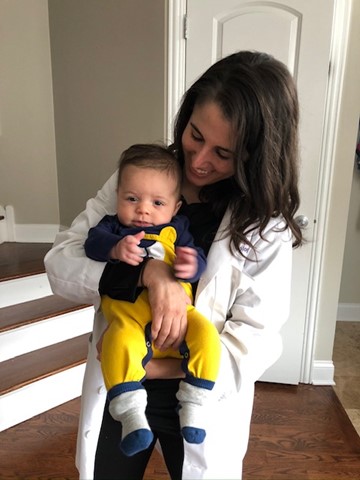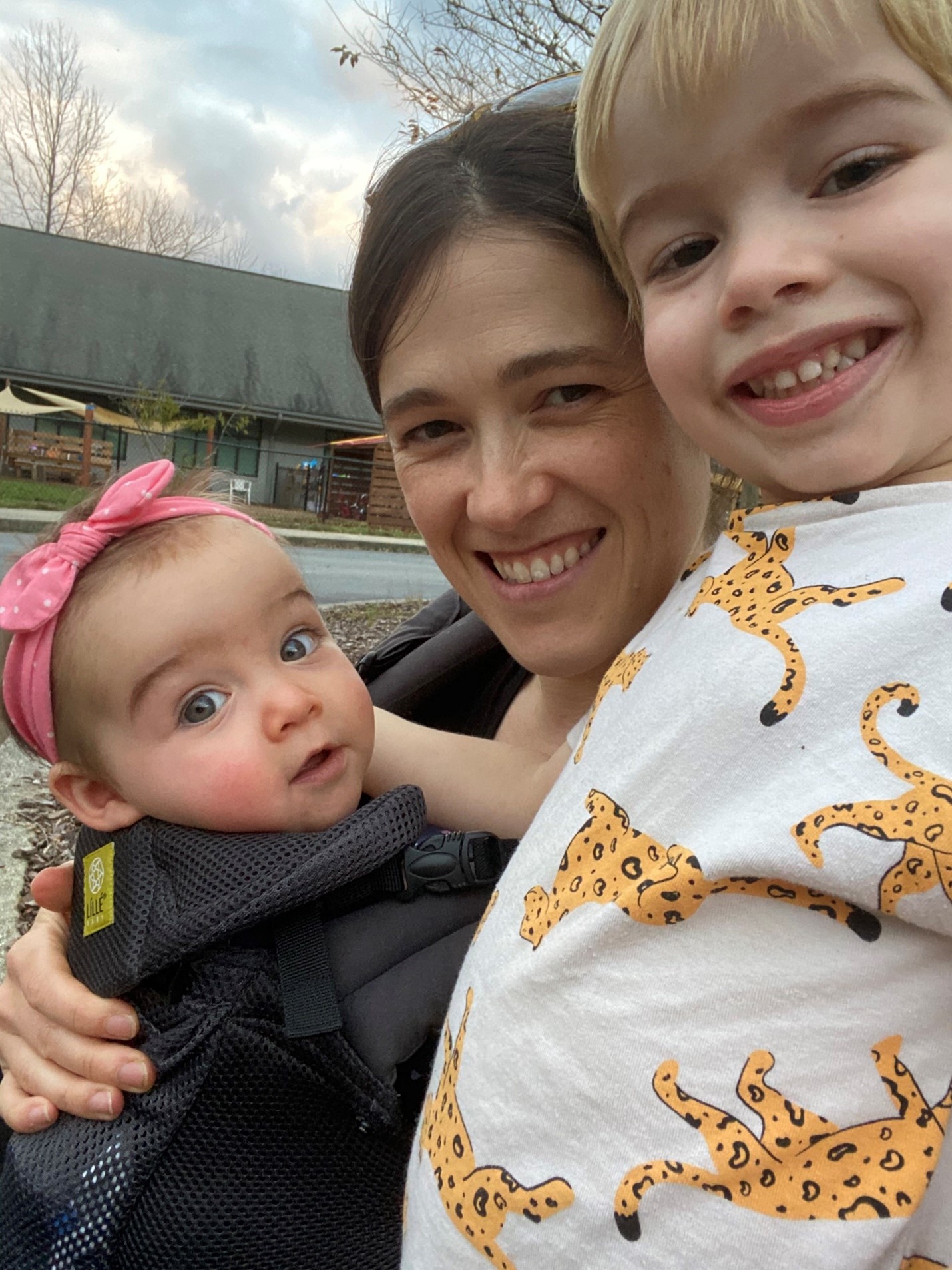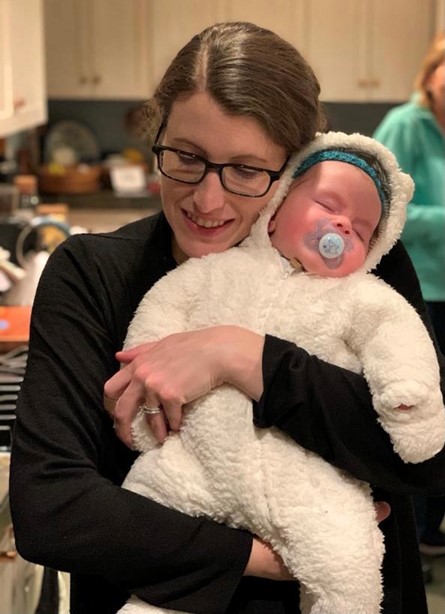Advice For New WIC Mothers: What I Wish I Knew

As I'm approaching the end of my general cardiology fellowship, I'm reflecting on all that I have learned: how to cath, how to read an echo, how to manage refractory shock. And in the midst of all of that, I became a new mom, and learned an entirely different skillset: how to swaddle, how to burp, how to soothe.
Cardiology fellowship is hard, and mothering is hard. Learning how to juggle these different roles can be challenging, both physically and emotionally. For my last piece as an ACC FIT editorial board member, I sought advice and reflections from some women in cardiology fellows/early career faculty about cultivating peace, patience, and gratitude in this journey of doctoring and mothering.
1. We planned our entire lives. Planning a pregnancy doesn't always go our way.
As physicians, we have spent the majority of our training conceiving our next steps far in advance: next year's rotation schedule, our vacation weeks, our research project timeline. Feeling a sense of control over certain aspects of training and life is one way that we cope with the rigorous nature of careers in medicine. Unfortunately, our bodies do not always work according to plan. Miscarriages and fertility struggles are common, especially among female physicians. Facing these challenges in the context of our own perfectionism and expectations can leave us feeling isolated and panicked. In reality, there is no "perfect time" to start a family in medicine, and this process is far from predictable. Rather, we must try to practice self-love during this journey. We must lean on and learn from other women who have navigated this path before us. And we must be sources of support and champions for those who will come after us.
2. Identity crises are normal.
Becoming a mother often leads us to redefine our personal and professional identities. As young physicians, many of us have spent the past decade immersed in training. Late nights and weekends at the hospital away from family, friends and significant others have been the norm. For many young physicians, motherhood can bring a new desire to spend time at home, which can feel foreign and destabilizing. One fellow said, "As someone who had always been professionally minded, lived to be in the hospital, and gotten immense personal satisfaction from work, I had not thought about what it meant if I wanted to be home with my child more than I wanted to be at work." Normalizing these feelings, having open and honest discussions about the ebb and flow of professional and personal priorities throughout the career trajectory, and pushing our training programs to provide enhanced logistical and emotional support for mothers are all essential.
3. Spend time reflecting on the parts of your professional and personal life which are essential to you, and try to let the rest go.
As mothers, we have to learn to make decisions that work for our families and then ignore other peoples' opinions ("Do you breast or formula feed?" "Do you sleep train or co-sleep?"). Similarly, "try to do the same thing as a cardiology fellow," one fellow said. "As an example, during the pandemic, our 7 a.m. conferences were all moved to virtual sessions. It was very hard for me to attend these from home with a toddler and baby asking for my attention. I found myself being frustrated with my kids and also not learning anything. So, I made the decision to stop attending. I now have that time to give more thoughtful attention to my kids at the start of their day. I feel a pang of guilt every morning when the calendar reminder goes off, but I try to hold this boundary with myself because I know that I would only be joining for the optics and at the expense of my children."
4. Despite the challenges, I'm a better doctor because I'm a mother.
This sentiment was expressed by many of the women I spoke with. "There are a lot of assumptions and biases about mothers in cardiology (and other demanding fields)," said one colleague. "But one can find many examples of mothers who are caring, talented, and efficient cardiologists. Use these examples to inform your confidence." For me, my son has given me a new appreciation for the little things in life. Whether it's blowing bubbles, splashing in the bath, or reading his favorite book, he approaches each day with so much joy and wonder. He reminds me that life is precious because of these everyday moments with our loved ones, not only our academic achievements, and that caring for someone else's loved one is a privilege and a gift. Becoming a mother has also made me a better and more compassionate colleague. I now understand the panic one feels when childcare falls through, the challenges of pumping during a busy shift, the heartache when bedtime is missed. In summary, as one woman said, "Though it is easy to feel like I'm failing at all roles at all times, I am a better cardiologist because I am also a mother."
Thank you to Hannah Bensimhon, MD, Katie Manning, MD, and Esther Pak, MD, for their invaluable contributions to this piece.
ACC Members, discuss
this on Member Hub.
This content was developed independently from the content developed for ACC.org. This content was not reviewed by the American College of Cardiology (ACC) for medical accuracy and the content is provided on an “as is” basis. Inclusion on ACC.org does not constitute a guarantee or endorsement by the ACC and ACC makes no warranty that the content is accurate, complete or error-free. The content is not a substitute for personalized medical advice and is not intended to be used as the sole basis for making individualized medical or health-related decisions. Statements or opinions expressed in this content reflect the views of the authors and do not reflect the official policy of ACC.


